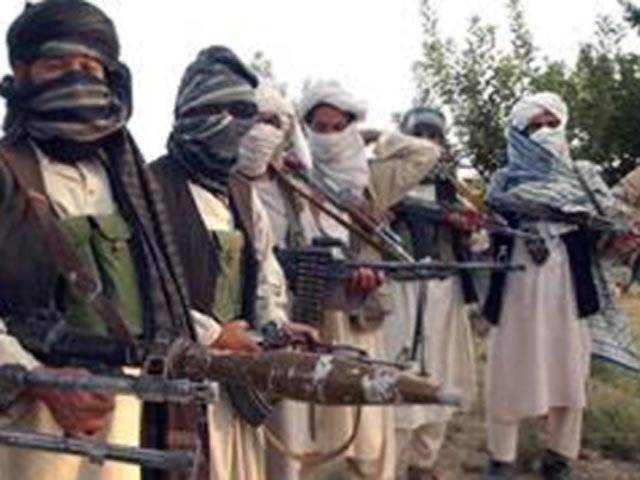The prospects of the ongoing peace negotiations with Taliban appears to be bleak as Afghan Taliban fighting Afghan and NATO-led International Security Assistance Force (ISAF) has vowed to continue armed struggle until foreign troops leave Afghanistan. Amid increasing militancy and muscling by warring sides in Afghanistan, efforts to push for peace talks and national reconciliation in Afghanistan have been accelerated in the insurgency-hit country, however, no positive signs are on the horizon for the near future, Afghan local experts say. "Reaching a settlement through negotiation appears very difficult as both the government and its Western backers and the Taliban have their own pre-conditions and that the gap is too wide to reach a deal between them," Mohammad Daud Noori, a lecturer of international relations in Kabul University, told Xinhua news agency. The Afghan government says that any Taliban elements renounce violence, sever ties with the al-Qaida network and accept the Afghan constitution are welcome in the reconciliation process; while the Taliban outfit makes the withdrawal of international troops from the country as a precondition before they participate in peace talks. "With such perspectives and firm stance, bringing Taliban high- ranking leaders to the negotiation table seems extremely difficult if not impossible at least in the near future, even though there might be talks behind the scene, but in public the Taliban reject, " Noori said. "There is no negotiation with the United States or with any other countries and we deny any report about such kind of peace talks. We said this many times before," Zabihullah Mujahid, who claims to speak for Taliban, told local media via cell phone from an undisclosed location on June 18, after Afghan President Hamid Karzai confirmed that the U.S. was in contact with Taliban militants for peace talks. "The recent reports of peace talks with the Taliban have been coincided with the announcement of the troop's drawdown by U.S. President Barack Obama from Afghanistan," Noori believed, and there could be two reasons. Firstly, Obama wants to send a signal to the Taliban that the U. S. forces are going to leave the country and that they should take part in reconciliation process. Secondly, it could be a message for U.S. and Afghan public that while the troops are leaving the country there has been some advances in political settlement to bring peace and stability in Afghanistan, Noori said. However, even the Afghan government does not have a clear strategy for peace talks and negotiations process at present stage and the ongoing efforts might bring no fruits as a result, Noori added, and the ongoing peace talks as reported might be dragged by the conflicting views in the 70-member High Peace Council, established in 2010 to push forward the peace talks and reconciliation with Taliban. US President Barack Obama on Wednesday announced 10,000 U.S. troops would be withdrawn in 2011, followed by a further 23,000 by the end of September 2012. In a sharp reaction, Taliban militants on Thursday in a statement released to media downplayed the announcement of President Obama as a trick to deceive public opinion and called for the complete pullout of foreign forces.
Saturday, April 20, 2024
A gloomy picture for Afghan peace talks as Taliban continues to fight

Policitising Tragedy
April 20, 2024
Tehran to Rafah
April 20, 2024
A New Leaf
April 20, 2024
A Tense Neighbourhood
April 19, 2024
Dubai Underwater
April 19, 2024
Dangers of Deepfakes
April 20, 2024
Feudalism
April 20, 2024
Kite tragedy
April 19, 2024
Discipline dilemma
April 19, 2024
Urgent plea
April 19, 2024
ePaper - Nawaiwaqt
Advertisement
Nawaiwaqt Group | Copyright © 2024





